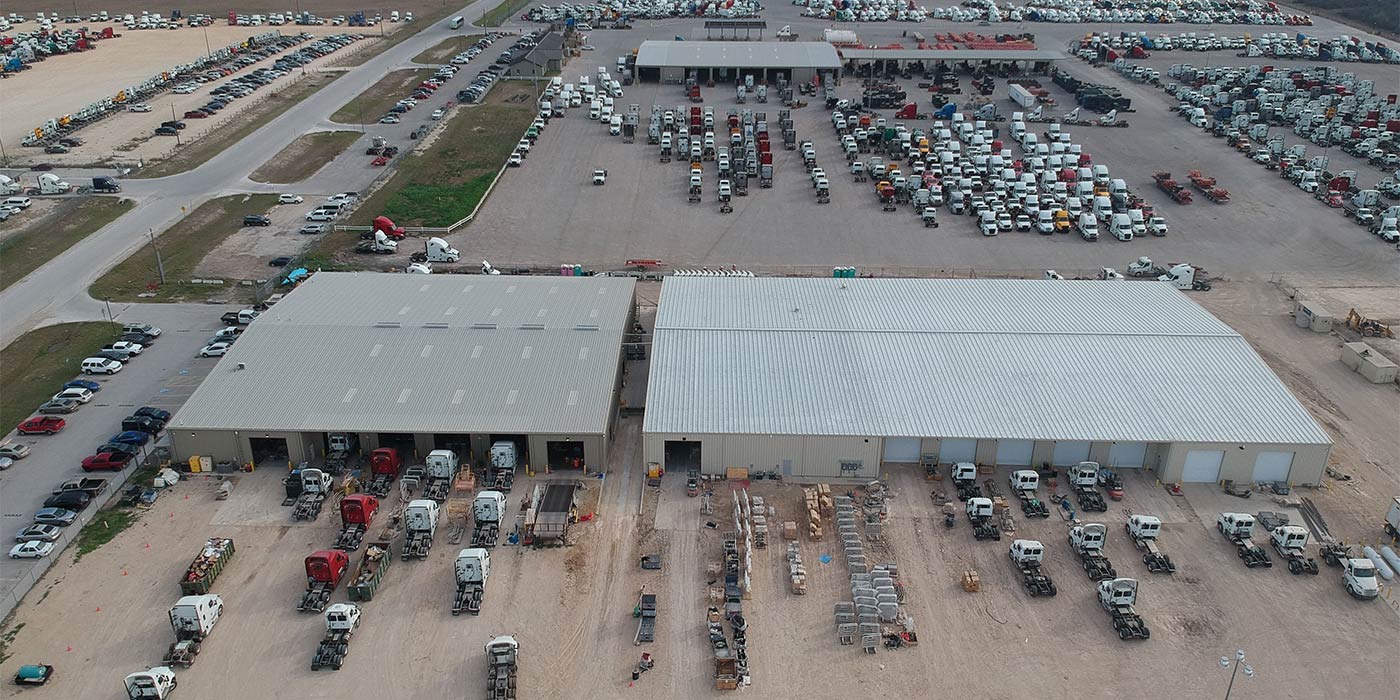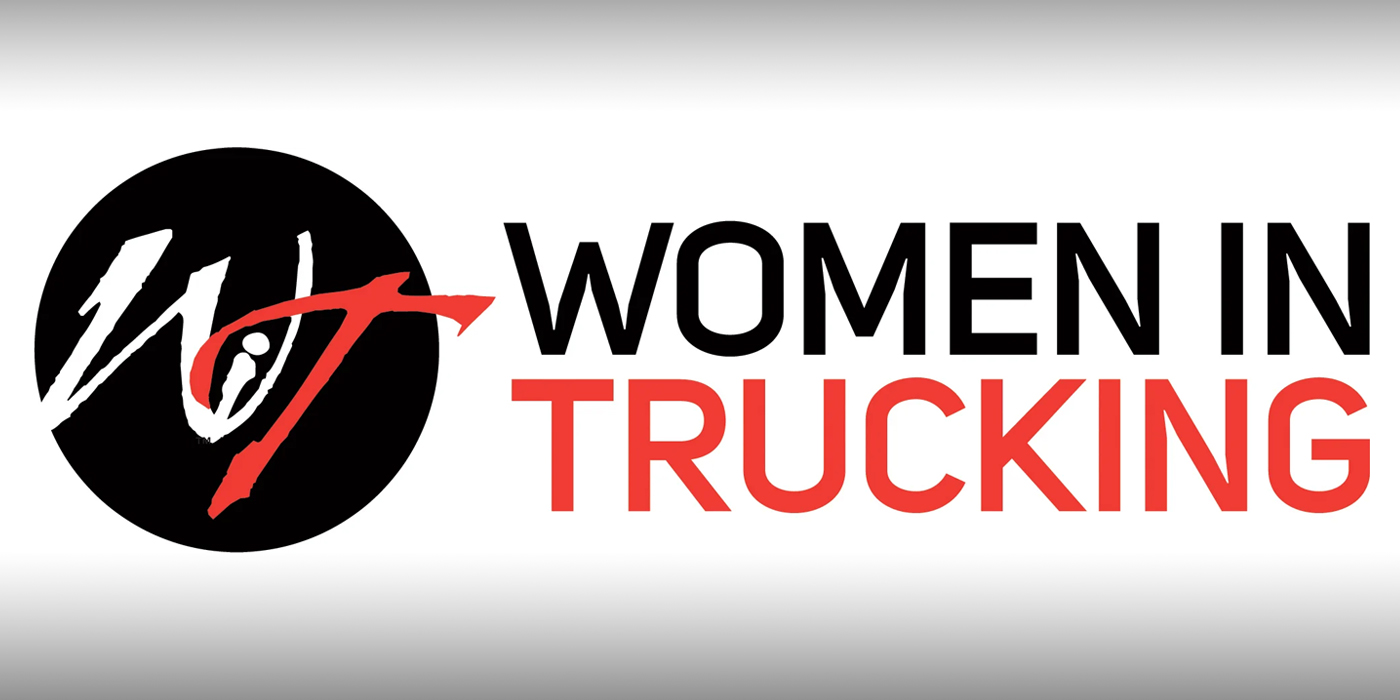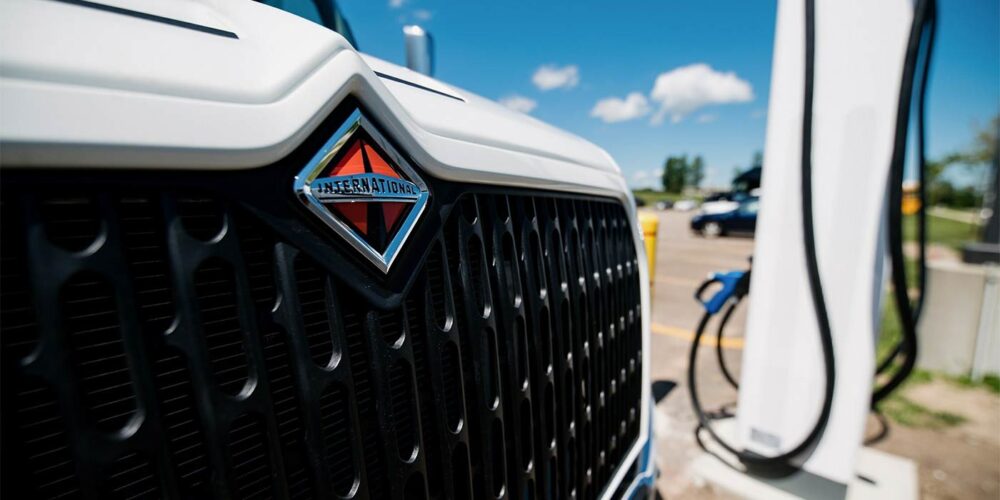Every freight broker requires a surety bond to run its business. The Federal Motor Carrier Safety Administration (FMCSA) wants freight companies to hold the surety bond because it ensures that shippers and carriers dealing with a freight company can get payments promptly. The bond also prevents fraud and supply chain disruptions. In short, any company involved in moving household goods and freight requires BMC-84 or BMC-85 to operate.
It is relatively easy to apply for a surety bond. If this is your first time, you can start the proceedings by registering with the FMCSA. Once you have done that, select any reputable surety bond provider to obtain the bond. After submitting the required documents, the company will get approval from FMCSA on your behalf. The bond will also serve as a license to operate the freight business.
As part of the licensing process, the bond is legally required to be written for $75,000. However, this does not mean that you will pay the full amount. If you choose a BMC-84 bond, you only pay a small annual premium to cover yourself. The final price of the premium is determined by your credit score, business history, financial strength, and other factors. Getting a bond should be a relatively straightforward process.
A bond’s main goal is to protect your business from financial and legal trouble. In other words, it gives you enough time to rectify financial issues if you’re unable to pay other parties due to supply chain constraints and financial debacles. In such instances, the surety bond provider will try to protect your business interest by reimbursing the claimant. However, you’re still responsible to pay the surety bond provider the full amount owed.
Benefits of freight broker bonds
It’s important to understand that a surety bond helps create a mutually beneficial relationship between all the stakeholders involved in the business. Besides fulfilling the requirements of the FMCSA, having a surety bond will benefit your business in three ways:
• Minimum capital requirements: Instead of paying the full amount, you can obtain BMC-84 surety by paying a small premium, enabling you to invest your capital elsewhere.
• Enhanced business opportunities: Freight forwarders can use the surety bond to form new business partnerships and improve their brand recognition.
• Shared liability: The bond helps businesses share the financial burden with the surety provider because the surety provider can assist in minimizing the company’s liability.
Here are additional details of such benefits.
Minimum capital requirements
A BMC-84 makes a lot of business sense because it helps freight brokers and trucking companies get a $75,000 bond by paying only a small up-front amount instead of making the full payment. The $75,000 can be split into monthly payments. It’s a big help for small and medium-sized companies that need to save money to operate their businesses.
The amount of yearly premium required to receive the bond depends on your credit history and other factors; however, the premium can be as low as 1% in certain instances. Under normal circumstances, you can expect to pay anywhere between 1% and 10% of the total amount.
Certain freight broker bond providers also specialize in dealing with companies with bad credit. If you had credit problems in the past, you just need to pay an additional premium. Irrespective of the credit history, most businesses can get a bond by paying up to a 15% premium, which is a significant saving considering the surety you get with it. Those who have become freight brokers have the experience and training to walk you through the process.
Enhanced business opportunities
Some business owners get a freight broker bond just to fulfill their business obligations. Once they receive the surety, it becomes a part of the financial documents that sit in their office until it’s required to meet their contractual needs. However, enlightened businesspeople use the bond to contact different carriers, forming strong partnerships.
It’s important to understand that the surety bond is critical to forming business partnerships because carriers and freight forwarding companies are always happy to do business with someone who can assure them of payment. The freight broker bond holds much more value than most business owners recognize because it instantly elevates your business credentials.
Shared liability
Whenever a freight broker or trucking company applies for a surety bond, they’re actually forming a partnership with the surety company. Since the surety company must pay the third party any claims, it tries to protect the interest of the freight broker.
Whenever someone claims payment, the surety company thoroughly investigates the claim before disbursing payment. In doing so, it tries to reduce the claim made against the company, giving freight brokers every benefit they are legally entitled to. The shared responsibility is yet another reason why you should seriously consider obtaining a surety bond. A reputable surety provider will always stand by you in difficult times.
The bond is valid for one year. To remain in good standing, you need to renew it after 12 months. Usually, the surety bond provider gives a reminder before the bond expires. Make sure to renew the surety bond because it is illegal to do business without one.
Always remember that the surety bond establishes business credibility. Therefore, try to abide by your obligations as it’s the only way to reduce the surety bond premium and remain in good standing with the authorities. Also, keep in mind that the renewal premiums will depend on collections and public records on your credit report.
About the author: Lisa Trymbiski is the manager at Bryant Surety Bonds leading a team of talented professionals assisting clients in the surety bond industry. Education, superior service, and compliance are her top priorities in the completion of a successful business transaction.














